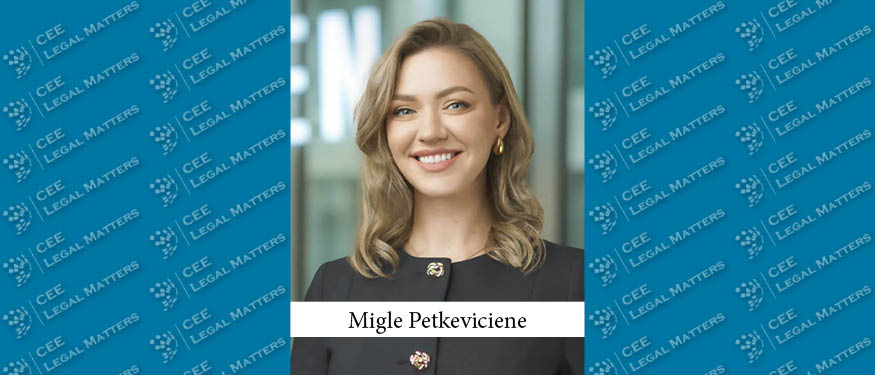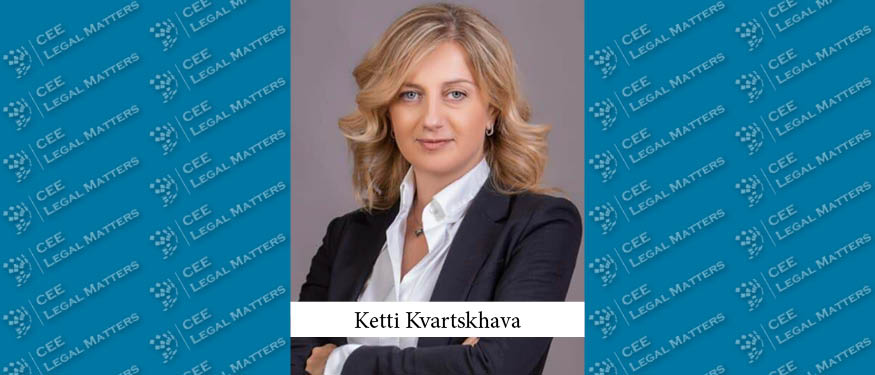In the Hungarian Gazette of 15 August 2024, two new SZTFH (Authority for Regulated Activities) decrees were published, which supplement and further detail the provisions of the Hungarian ESG Act. The first decree on the register of ESG reports, software and qualifiers entered into force on 18 August, while the provisions on the registration of ESG reports and qualifiers enter into force on 16 September.
Based on the new law, companies shall submit their ESG reports under the ESG Act to the SZTFH (Authority) for publication by using the form published on the website of the Authority. The Authority registers the ESG report and sends an electronic notification of this fact to the person submitting the report. Companies may amend their registered audited ESG report until the submission of the following year’s ESG report. The amended ESG report shall be submitted as an annex to the amendment request published on the Authority’s website, which request includes the data to be amended and the reason for the amendment. However, the Authority will only approve the amendment if it corrects an error in the originally submitted ESG report due to a clerical error or miscalculation.
The procedure for the registration of an ESG qualifier under the ESG Act is, as a general rule, initiated by an application submitted by the applicant by using the electronic form provided by the Authority for this purpose. ESG qualifiers shall notify the Authority within 15 days of any change affecting the data in the register using the electronic form provided by the Authority. In relation to ESG software, it should be highlighted that the Authority will only register the software if it demonstrates at least AVA_VAN.2-level compliance under EU Commission Implementing Regulation 2024/482.
The second SZTFH decree on the detailed rules on sustainability due diligence entered into force on 16 August. The first annex to this decree is the long-awaited questionnaire annexed to the ESG report that shall be used by the companies to collect data from their direct suppliers involved in the due diligence process. The decree also determines the lines of the questionnaire to be sent to suppliers meeting certain criteria.
The decree also requires companies to categorise ESG risks into environmental, corporate social responsibility and corporate governance risk categories and to take appropriate measures to identify actual and potential adverse impacts. Under the decree, companies are required to fully identify ESG risks in their business scope and the activities of their direct suppliers as part of their risk assessment. The risk analysis system shall consist of an annual risk analysis process carried out until 30 June each year and an eventual risk analysis process. The decree requires companies to carry out regular risk analysis for their activities in the financial year of 2024 until 30 June 2025.
By Eszter Kamocsay-Berta, Managing Partner, KCG Partners Law Firm













